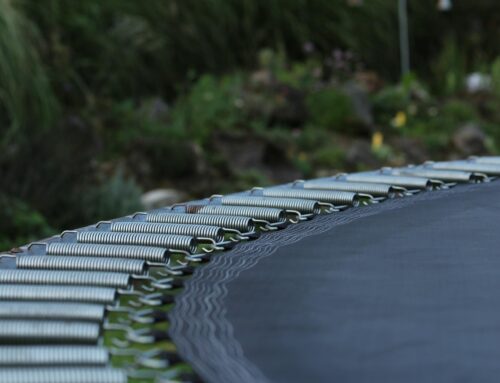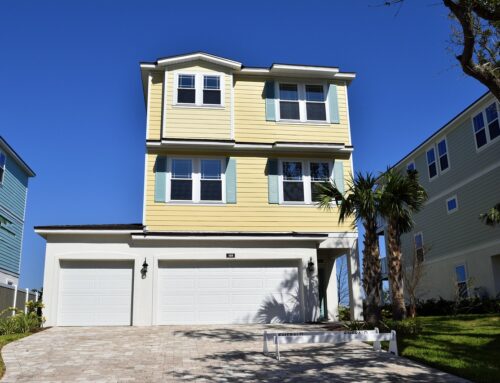Last month, with Hurricane Irma ripping through South Florida – You’ve probably seen trees down all over the place. While this article may provide some clarification on tree’s falling on homes, I hope that this is one you don’t ever need.
But, what happens when a tree falls on your home, and who is at fault when it comes to getting your house back in order? Let’s discuss:
Should a tree fall onto a your property, the owner of the property on which the tree stood is not automatically responsible.
If that tree was healthy, and there was no reason for the owner to believe there was a weakness in the tree, and it gets knocked over by wind or a lightning strike, that’s actually considered an act of God, and the owner of the tree is just as innocent as the other person.

Not caring for a tree is a different story, and can be seen as negligence.
Now, if the tree was obviously rotten, the reasonable person would take steps to mitigate that situation. If it falls over in that case, the property owner is probably responsible, even if it is knocked over by an act of God.
Keep in mind that prevention is always better than treatment. And, should a rotten tree from your property fall on a neighbor’s home, personal liability policies can protect against acts of God caused by negligence
Steps to Take After a Tree Falls on Your House
The first thing you should do is leave the property.
Even if the structure still looks stable, it’s unlikely that you will be safe if you stay in the house. If you suspect that the tree might have taken some wires down when it fell, start by calling the policy and then notify the power company. Your third step is to call your insurance company. Not only will they simply want to know that there has been damage to your home, they also will be able to recommend remediation services to help mitigate the damage while you wait for a quote from the contractor.
While you are waiting for all of the necessary services to arrive, take pictures of the damage.
Do this as quickly as you can so you have proof of the damage when it comes time to file a claim with your insurance company. This type of damage is almost always covered by your homeowner’s policy.








